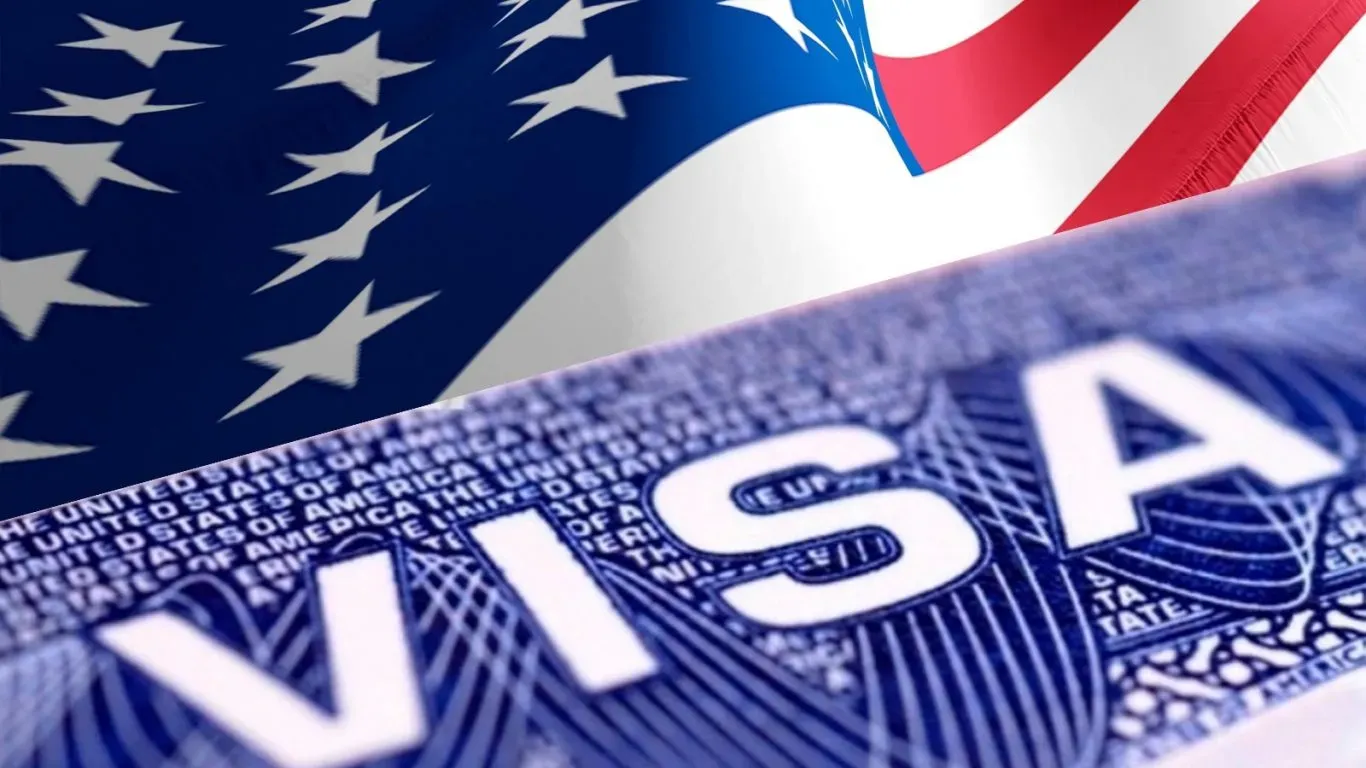

In a major policy shift that directly impacts thousands of prospective Indian travelers, the United States has effectively ended the widespread practice of "visa shopping," a popular workaround used to bypass extensive appointment backlogs in India. Under a new global directive, the US State Department now requires nearly all non-immigrant visa (NIV) applicants to schedule their interviews in their country of citizenship or legal residence. This move shuts a crucial door for many Indians who had been traveling to other countries to secure faster visa appointments.
The practice of seeking visa appointments abroad surged in popularity during the post-pandemic period of 2021 and 2022, a time when the wait for a B1/B2 (business/tourist) visa interview in India stretched to an agonizing two to three years. To circumvent these crippling delays, a significant number of Indian applicants began booking slots in US consulates in other countries. It was common for travelers to fly to destinations like Singapore, Bangkok, and even as far as Germany or Brazil, simply to attend a visa interview.
This workaround became so prevalent that some US consulates, such as the one in Frankfurt, even designated specific appointment slots for Indian nationals to help alleviate the pressure. Applicants would often plan a week-long trip around their interview, collect their stamped passports, and then return to India. This costly but effective strategy became a standard solution for those who could not afford the long waits at home. With the new rule, this option is now off the table.
The change was announced as a globally applicable rule, not one specifically targeting India. The State Department's directive is clear: "Effective immediately, non-immigrant visa applicants should schedule interview appointments at the US embassy or consulate in their home country or country of residence." The policy does include limited exceptions for nationals of countries where the US does not have routine visa services—such as Russia, Afghanistan, and Iran—who are directed to apply at designated third-country posts. However, for the vast majority of applicants, including all Indians, the message is unambiguous: you must apply from home.
This move comes at a time when wait times in India, while significantly improved from their peak, remain substantial. Currently, the official wait for a B1/B2 appointment can range from three and a half months in cities like Mumbai and Hyderabad to a lengthy nine months in Chennai, ensuring that the visa application process will remain a long-term planning challenge for many.
This new residency requirement is not an isolated change but rather part of a broader trend of tightening US visa policies. It follows another recent update from July that reinstated the requirement for in-person interviews for nearly all non-immigrant visa applicants, regardless of their age. Previously, certain age groups and renewal applicants were often exempt from this step. Limited exemptions still exist for some renewals, but the overarching policy now strongly favors a face-to-face interview with a consular officer for almost every applicant. Together, these new rules signal a more stringent and regulated approach to visa processing, forcing all applicants to navigate the system through a single, designated channel and removing the flexibility that many had come to rely on.
· End of 'Visa Shopping': The US has implemented a new global rule requiring non-immigrant visa applicants to schedule interviews in their home country, effectively ending the practice of seeking faster slots abroad.
· Major Impact on Indians: This change significantly affects Indian applicants, who had widely used this workaround to bypass long domestic wait times, which can still be up to nine months.
· Global Rule with Few Exceptions: The policy applies worldwide, with exceptions only for nationals of countries where the US does not offer routine visa services.
· Part of a Broader Policy Shift: This move, along with the recent reinstatement of mandatory in-person interviews, signals a broader tightening of US visa regulations.